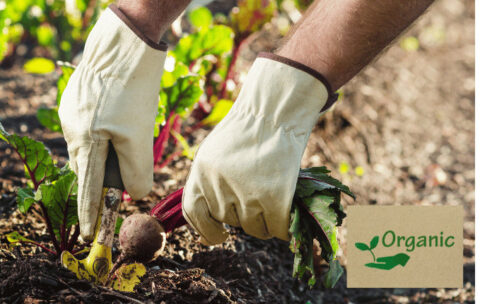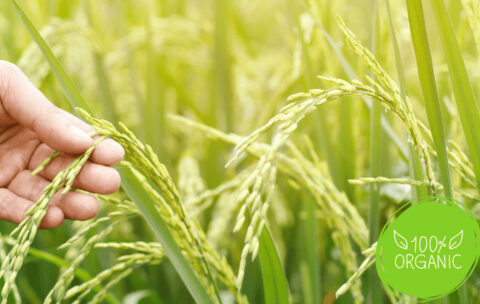Organic Farming Principles and Practices
The course “Organic Farming Principles and Practices” provides a comprehensive …
What you'll learn
Understanding the principles of organic farming, including soil health, biodiversity, and natural pest management.
Study of organic farming practices, such as crop rotation, composting, and green manure, to enhance soil fertility.
Techniques for weed control, disease prevention, and pest management without the use of synthetic chemicals.
Exploration of organic certification standards and regulations for ensuring the integrity of organic products.
Application of sustainable agricultural practices, such as water conservation and energy efficiency, in organic farming.
Sustainable Agriculture: Organic Farming Methods
The course “Sustainable Agriculture: Organic Farming Methods” provides a comprehensive …
What you'll learn
Understanding the principles of organic farming and its role in sustainable agriculture practices.
Study of organic farming methods, including crop rotation, companion planting, and integrated pest management.
Techniques for enhancing soil health through composting, cover cropping, and natural fertilizers.
Exploration of organic weed and pest control strategies to reduce reliance on synthetic chemicals.
Application of agroforestry and biodiversity conservation in sustainable farming systems.
Practice in implementing sustainable agricultural practices that reduce environmental impact and promote resilience.
Organic Crop Production and Management
The course “Organic Crop Production and Management” offers a comprehensive …
What you'll learn
Understanding the principles of organic farming and their application in crop production and management.
Study of organic crop management practices, including soil preparation, seed selection, and planting techniques.
Techniques for enhancing soil fertility through organic fertilizers, composting, and green manure.
Exploration of organic pest and disease management strategies to promote crop health without synthetic chemicals.
Application of crop rotation and intercropping to optimize resource use and minimize pest pressure.
Practice in implementing organic weed control methods to maintain crop health and yield.
Mastering Vermicomposting: Sustainable Organic Waste Management
Introduction to Vermicomposting: Participants will gain an understanding of the …
What you'll learn
Understanding the principles of vermicomposting, including the role of earthworms in decomposition.
Study of different vermicomposting methods and systems suitable for various scales and settings.
Techniques for setting up and maintaining a vermicomposting system to process organic waste effectively.
Exploration of suitable worm species, bedding materials, and feedstock for successful vermicomposting.
Application of vermicompost in improving soil fertility and promoting plant growth.
Practice in managing vermicompost production, harvesting, and storage.
Consideration of environmental benefits and waste reduction achieved through vermicomposting.





